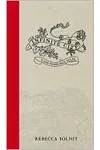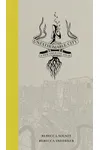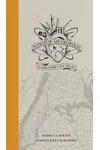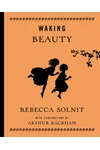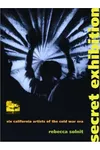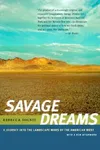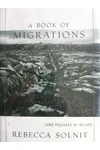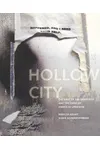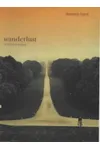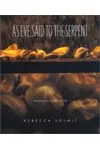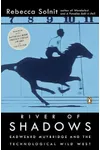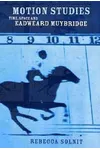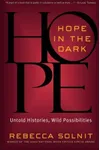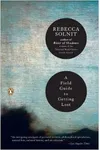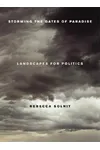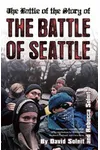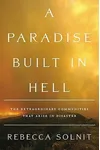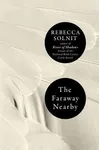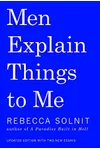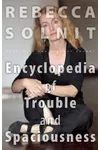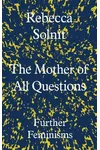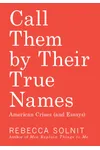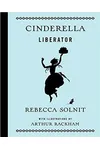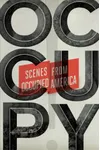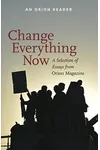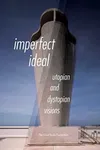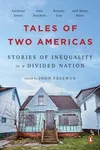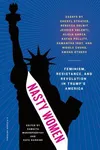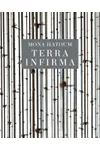Picture an American writer whose essays weave feminism, environmentalism, and hope into a tapestry of change—meet Rebecca Solnit! Born in 1961, this cultural critic and activist has penned over twenty books, earning accolades like the National Book Critics Circle Award and sparking the term 'mansplaining' with her witty prose. Her work invites readers to rethink the world with optimism and curiosity.
From her challenging childhood to her rise as a literary force, Solnit’s journey is as inspiring as her writing. With a knack for blending personal stories with societal critiques, she’s become a voice for justice and resilience, urging us to find possibility in chaos.
The Making of Rebecca Solnit
Rebecca Solnit was born in Bridgeport, Connecticut, to a Jewish father and an Irish Catholic mother. Her family moved to Novato, California, in 1966, where she faced a turbulent childhood in a violent household. Escaping through books and imagination, Solnit left high school early, earned a GED, and studied in Paris before graduating from San Francisco State University. Her master’s in journalism from UC Berkeley in 1984 ignited her career, blending rigorous research with poetic storytelling.
By the late 1980s, Solnit was freelancing, covering art, history, and environmental issues. Her activism, from anti-nuclear protests to women’s rights campaigns, shaped her worldview, infusing her writing with a passion for social change.
Rebecca Solnit’s Unforgettable Stories
Solnit’s bibliography is a treasure trove of insight, spanning memoirs, essays, and atlases. Her 2004 book, River of Shadows: Eadweard Muybridge and the Technological Wild West, won the National Book Critics Circle Award, exploring photography’s impact on time and space. A Paradise Built in Hell (2009) delves into the surprising communities that emerge in disasters, inspired by the 1989 Loma Prieta earthquake, celebrating human resilience.
In 2014, Men Explain Things to Me became a feminist classic, with its viral essay birthing the term 'mansplaining'—a humorous yet sharp critique of condescending male behavior. Her 2020 memoir, Recollections of My Nonexistence, reflects on finding her voice in 1980s San Francisco amid gendered violence. Solnit’s style is lyrical yet incisive, weaving history, personal experience, and activism into narratives that challenge norms and spark hope.
Her 2023 anthology, Not Too Late: Changing the Climate Story from Despair to Possibility, co-edited with Thelma Young Lutunatabua, reframes climate narratives, emphasizing action and optimism. Solnit’s work often roams across disciplines, earning her comparisons to Virginia Woolf for her ability to merge the tangible and political.
Why Rebecca Solnit Matters
Solnit’s impact transcends literature. Her essays have fueled feminist movements, with 'mansplaining' entering global lexicons, empowering women to call out patronizing behavior. Her environmental activism, including the Not Too Late climate project launched in 2022, inspires collective action against despair. As a Guardian columnist and Harper’s contributor, she amplifies marginalized voices, reshaping cultural conversations.
Her optimistic lens—rejecting both blind optimism and pessimism for hope as 'a positive engagement with uncertainty'—resonates with readers seeking meaning in turbulent times. Solnit’s legacy lies in her ability to make the invisible visible, from disaster communities to systemic injustices, urging us to build a better future together.
- Born: 1961, Bridgeport, Connecticut
- Key Works: Men Explain Things to Me, A Paradise Built in Hell, River of Shadows
- Awards: National Book Critics Circle Award, Kirkus Prize for Nonfiction
Snag Men Explain Things to Me or Not Too Late and dive into Rebecca Solnit’s vibrant world of ideas—your perspective might just shift!
